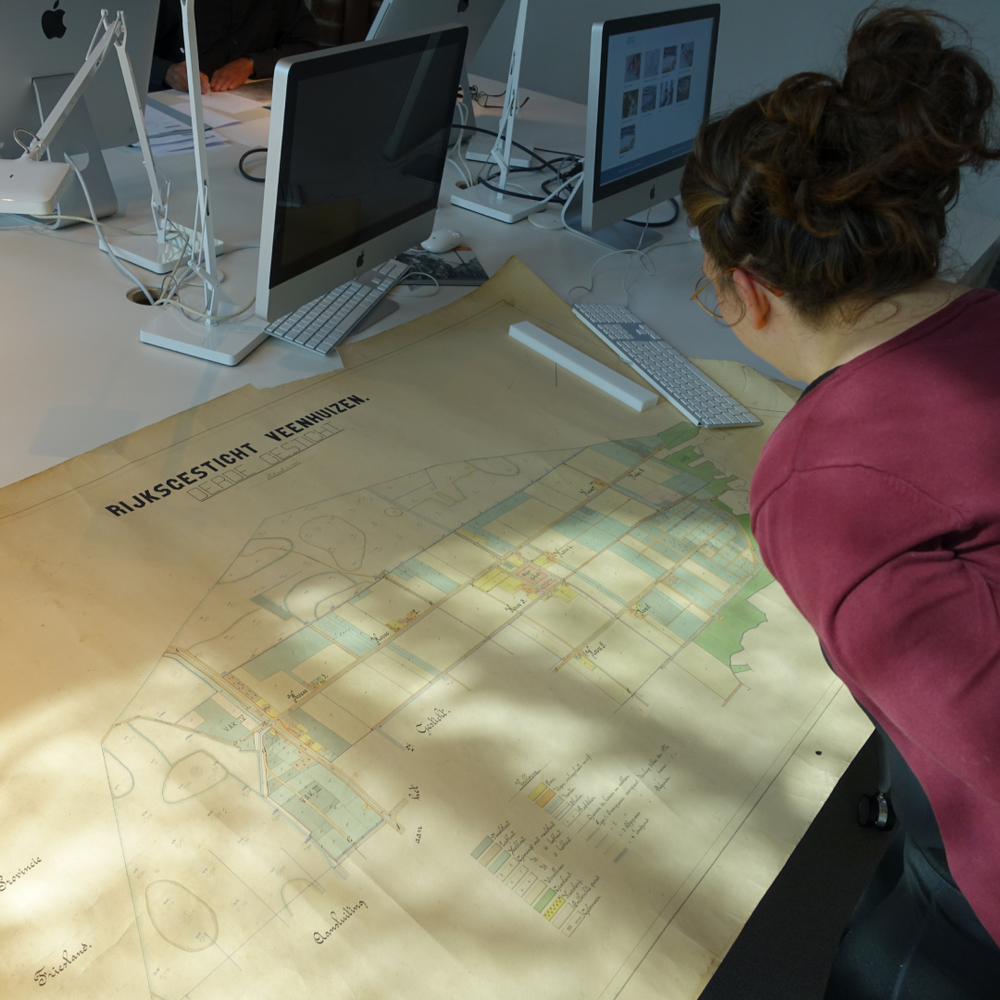
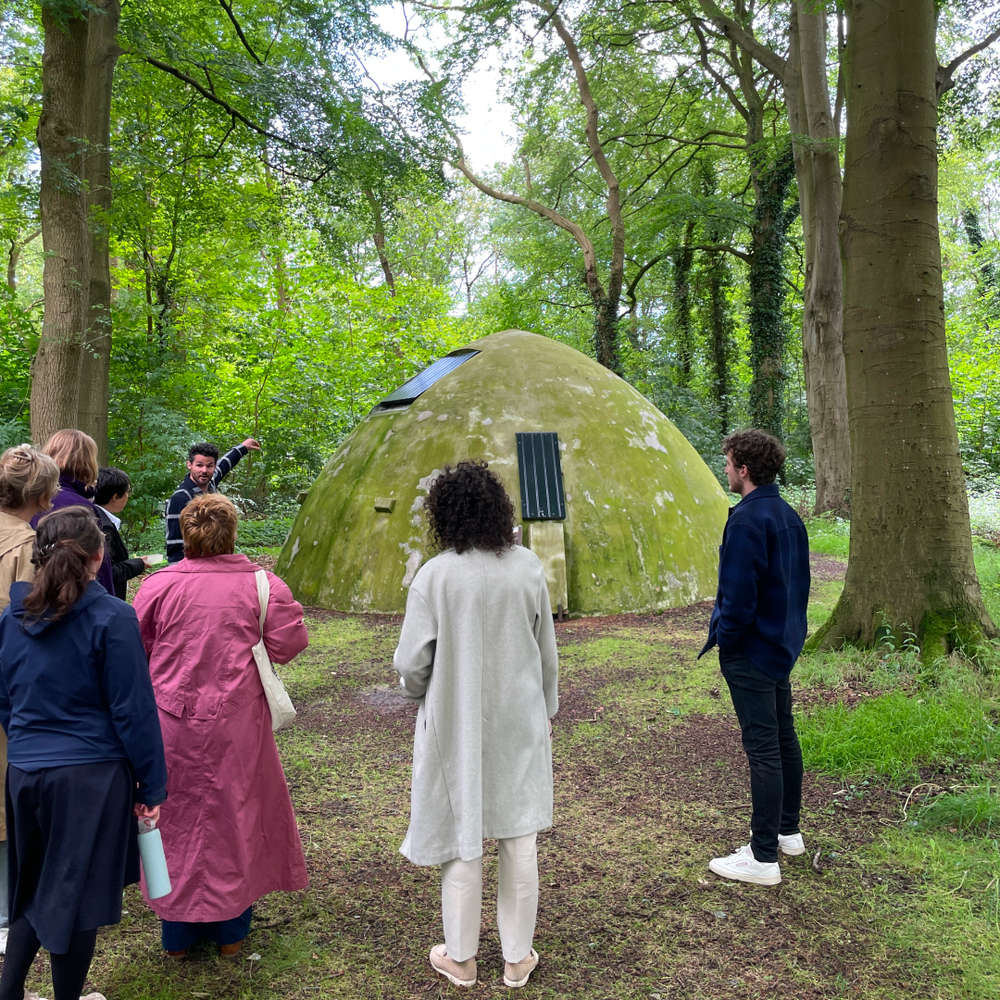
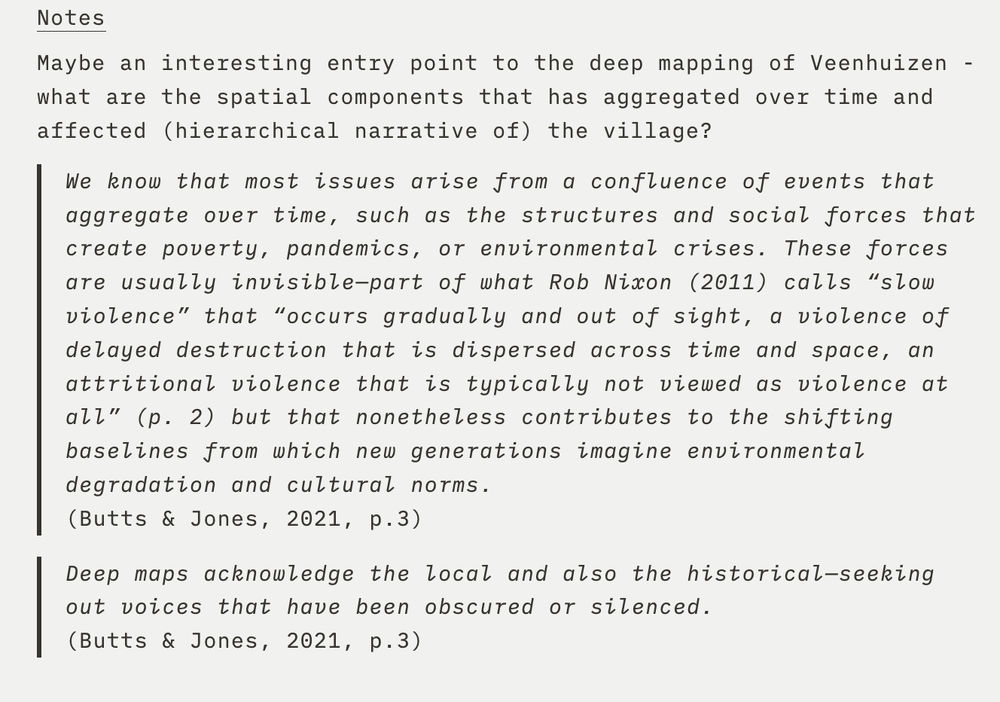
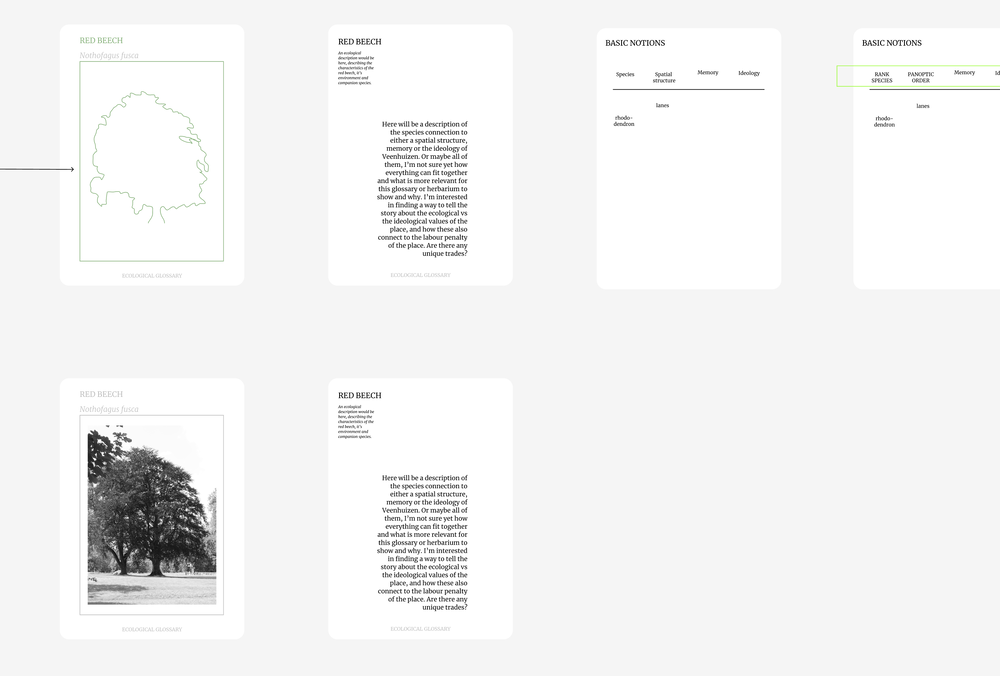
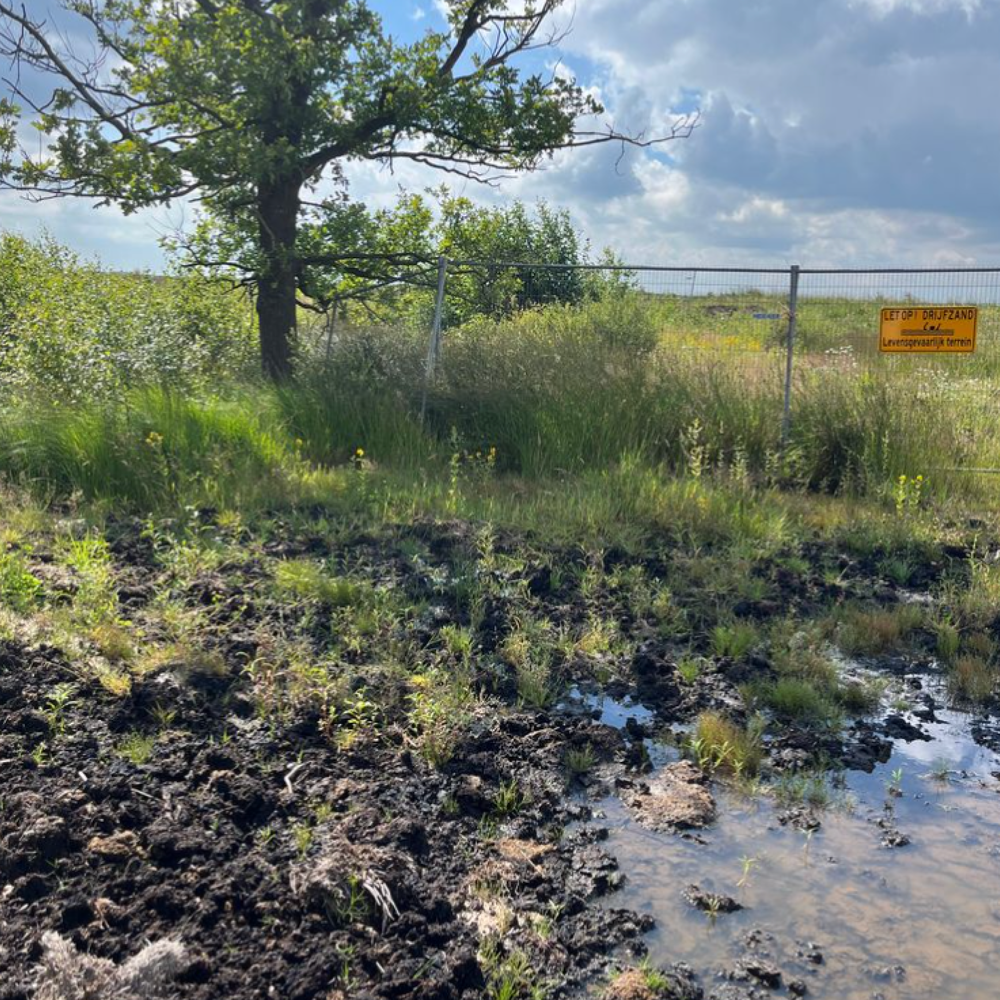
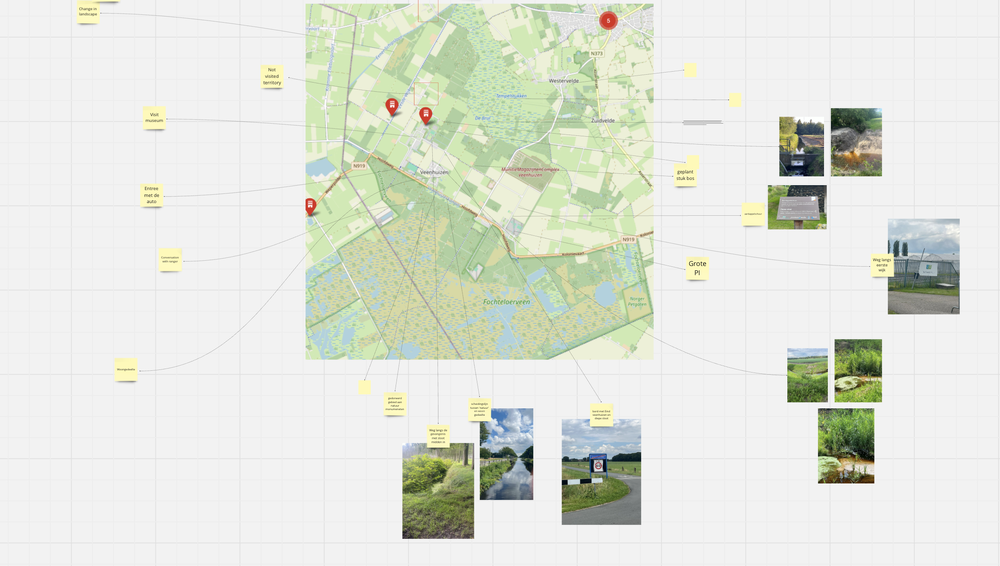
Research into the Colony of Benevolence Veenhuizen
This project forms part of the Design Deal, a decade long collaboration between DAE and stakeholders in Veenhuizen. Spearheaded by DAE, the initiative brings together partners to confront regional challenges by employing embedded design methodologies. It focuses on addressing issues such as sustainable energy and economic revitalization within the historic context of the area’s transition from a Benevolence Colony to a prison town.
In 2023, the Colony of Benevolence Veenhuizen achieved UNESCO World Heritage status. Two research associates (Freja Emilie Kraemmer and Olga Korosteleva) and a Master student (Ren Sheikh) explore ways to engage with the rich historical narratives of the area and reimagine them in ways that resonate with contemporary contexts.
In collaboration with National Prison Museum, Province of Drenthe, Municipality of Noordenveld, De Nieuwe Rentmeester, Drents Archief, Ketter&Co, and PI Veenhuizen.
PROJECT TRAJECTORIES
Both Olga Korosteleva and Freja Kræmmer Nielsen spent various periods onsite in Veenhuizen in June, July and August. They started getting to know the landscape, the community and the embedded stories. Apart from their on-site walks, visits to the Museum or the Drents-Archief, they have been reaching out to some community members to interview and access their knowledge. As part of their research documentation they have made it a practice to digest and note their ongoing research in a research diary, composing an archive of reflections and images of the landscape.
The overall theme in both research trajectories of the RA´s is the emphasis and highlighting of the untold landscape stories.
Freja Kræmmer Nielsen´s project is looking at the Stories of Landscaping in Veenhuizen. She is exploring how the land and the design of Veenhuizen were used to shape the behaviour of people and the morals they had over time. The underlying idea highlights that the landscape shapes humans and humans shape the landscape. By looking at things like plaques, houses or how the gardens were set up and what social status this represented, Freja aims to uncover hidden symbols and values that were embedded in the environment. She brings together different sources of data: historical records, old photos, and local stories to understand the meaning of the symbols. Her analysis is resulting in the creation of a deep map, which layers all the information whilst showcasing the connections between Veenhuizen´s landscape and the values it was meant to teach. In short, she is trying to decode how the village’s design influenced social behavior in the past and what that can tell us about today’s ideas of morality, hierarchy, and education.
Olga Korosteleva´s research dives into the relationship between prisons, notions of healing, and the landscape in Veenhuizen. She is looking at both human and non-human aspects like animals, plants, and ecosystems. She’s interested in how the land was originally shaped to meet human needs and how it can be “healed” and moved away from being all about humans. Going actively on field-walks, she studies the landscape, and maps out how it has been managed over time, asking the question: Who decides what healing looks like? Drawing a parallel between how prisoners’ minds are managed and how authorities (like farmers or nature reserves) manage the land, Olga tries to spot the “wounds” in both aspects: how economic systems tend to prioritise humans over the environment, blocking the growth of other species. Her goal is to imagine a future where all species, human and non-human, can thrive together in Veenhuizen, moving away from the exploitative practices that have shaped the area. Essentially, Olga wants to rethink how we care for both people and the land, so everything can grow and renew itself, not just be maintained for human benefit.
TEAM OF RESEEARCH ASSOCIATES
Freja Kræmmer Nielsen
Freja Nielsen is a researcher and designer, unfolding questions of social and ecological character. Her practice is based on field research, mapping and material development, and she holds a MA degree in Social Design (Design Academy Eindhoven), and a BA in Textile Design (Designskolen Kolding).
Olga Korosteleva
Olga Korosteleva is a freelance designer and recent graduate of the Master CIL program at the Design Academy Eindhoven (DAE). In her graduation project “Becoming With” she examined the evolving relationship between humans and the Dutch peat landscape specifically questioning how we conceptualize and interact with our environment. Drawing on theoretical thinkers like Donna Haraway, Elizabeth Povinelli, Karen Barad, and Thomas Nail, Olga tries to bring theory into practice by using artistic approaches focussed on storytelling, and embodiment to reframe human thoughts and experiences and offer fresh perspectives on the world around us.